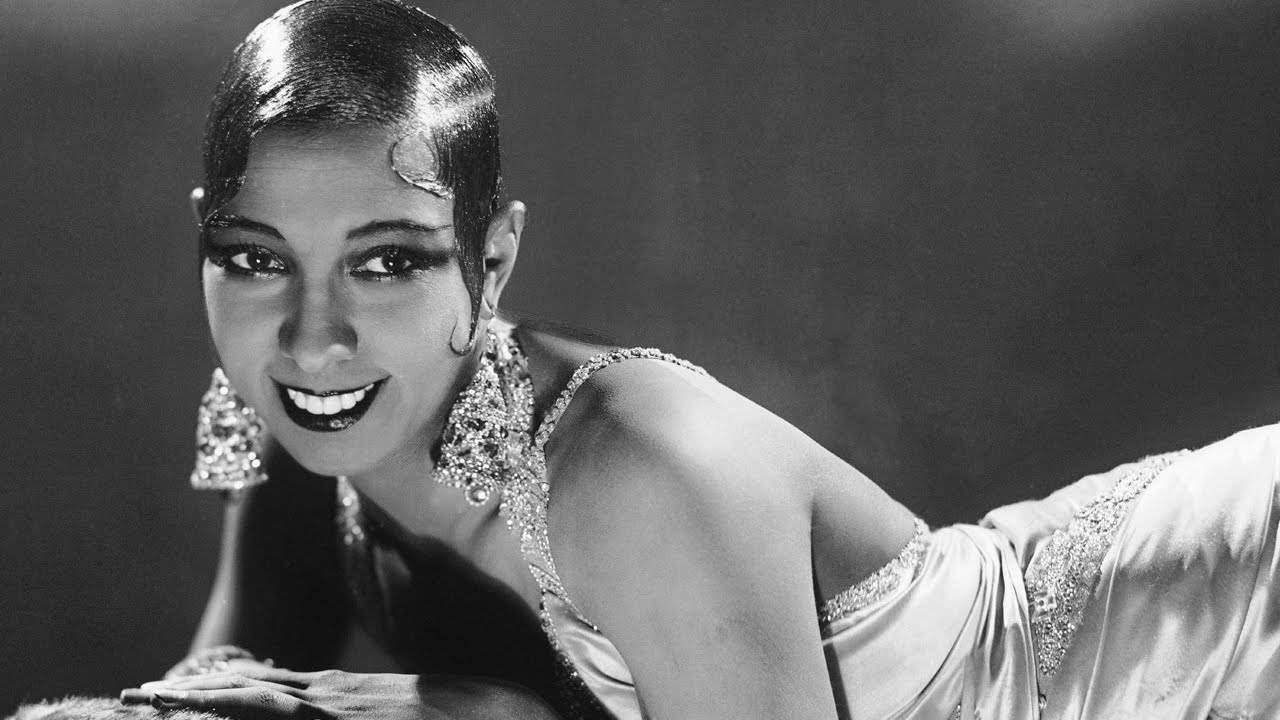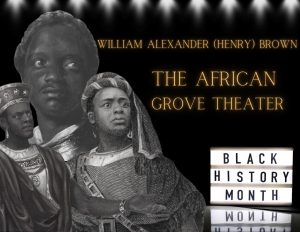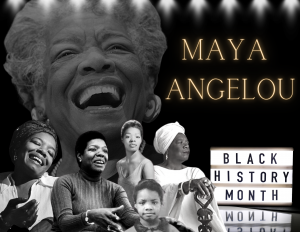One of the earliest Black entertainers to really make a name for herself on the stage was Josephine Baker, born Freda Josephine McDonald. She was born in St. Louis, Missouri, on June 3, 1906. Josephine Baker grew up extremely poor, and had begun working by the age of eight, and by age 12 she had dropped out of school entirely. By 13, she was working as a waitress at the Old Chauffer’s Club and living on the streets of St. Louis, sleeping in cardboard boxes and finding what food she could in garbage cans.
By age 15, Baker had managed to get work with a traveling vaudeville troupe, with whom she travelled to New York City. She arrived in New York during the Harlem Renaissance, a time of development of the New York City neighborhood of Harlem into an epicenter of Black culture, including artistic achievements in music, literature, art, and performances on the stage. Baker honed her skills there as a dancer and a stage performer, and it was there that she first gained some success in show business.
In 1925, Baker set sail for Paris in order to perform her danse sauvage at the Theatre des Champs-Elysees, in a program called La Revue Negre. She caused quite a stir performing risqué dances, often nearly nude. Her most famous costume consisted of nothing but a g-string strung with bananas and a string of pearls. In 1927, Baker became the first Black woman to star in a major motion picture, the silent movie, Siren of the Tropics.
Over her lifetime, Josephine Baker was married multiple times and caught the attention of many famous men and women alike, including Ernest Hemingway, Picasso, and Frida Kahlo. She adopted 12 children from all different racial and ethnic backgrounds and raised them to practice multiple different religions. She referred to her children as her “rainbow tribe”.
When World War II broke out in Europe, Baker was brought on by the French military as an “honorable correspondent”, and she used her fame and society connections to get information on enemy activity. Her fame allowed her to avoid suspicion as she worked for the French Resistance. During this time, she also managed to work with the Red Cross and entertain the troops. After the war, she was awarded the prestigious Croix de Guerre and the Legion of Honour for her intelligence work.
In addition to being a fabulous entertainer and Resistance agent, Baker was a staunch civil rights activist. During trips back to the United States, she fought against segregation and refused to perform for segregated audiences. She travelled throughout the South and spoke on racial equality at Fisk University. She also worked with the NAACP, and was at one point named their “Woman of the Year”. In 1963, she spoke at the March on Washington, the same event where Dr. Martin Luther King, Jr. gave his historic “I Have a Dream” speech. She was the only female speaker of the day.
Josephine Baker continued to perform and draw audiences right up until her death in 1975. There was massive attendance at her funeral, where she was the only American-born woman ever to receive full French military honors. Her impact can still be felt today, influencing artists like Angelina Jolie, Prada, and Beyonce, and her work paved the way for many performers of color to follow.
In celebration of Black History Month, PBS will be airing Josephine Baker: The Story of an Awakening.
In the Chicagoland area, the schedule will be:
Thu, Feb 11, 2021 at 9:00 pm on WTTW Channel 11
Fri, Feb 12, 2021 at 7:00 am on WTTW Prime
Sat, Feb 13, 2021 at 1:30 am on WTTW Channel 11
Check your local PBS station/cable provider for dates and times.




